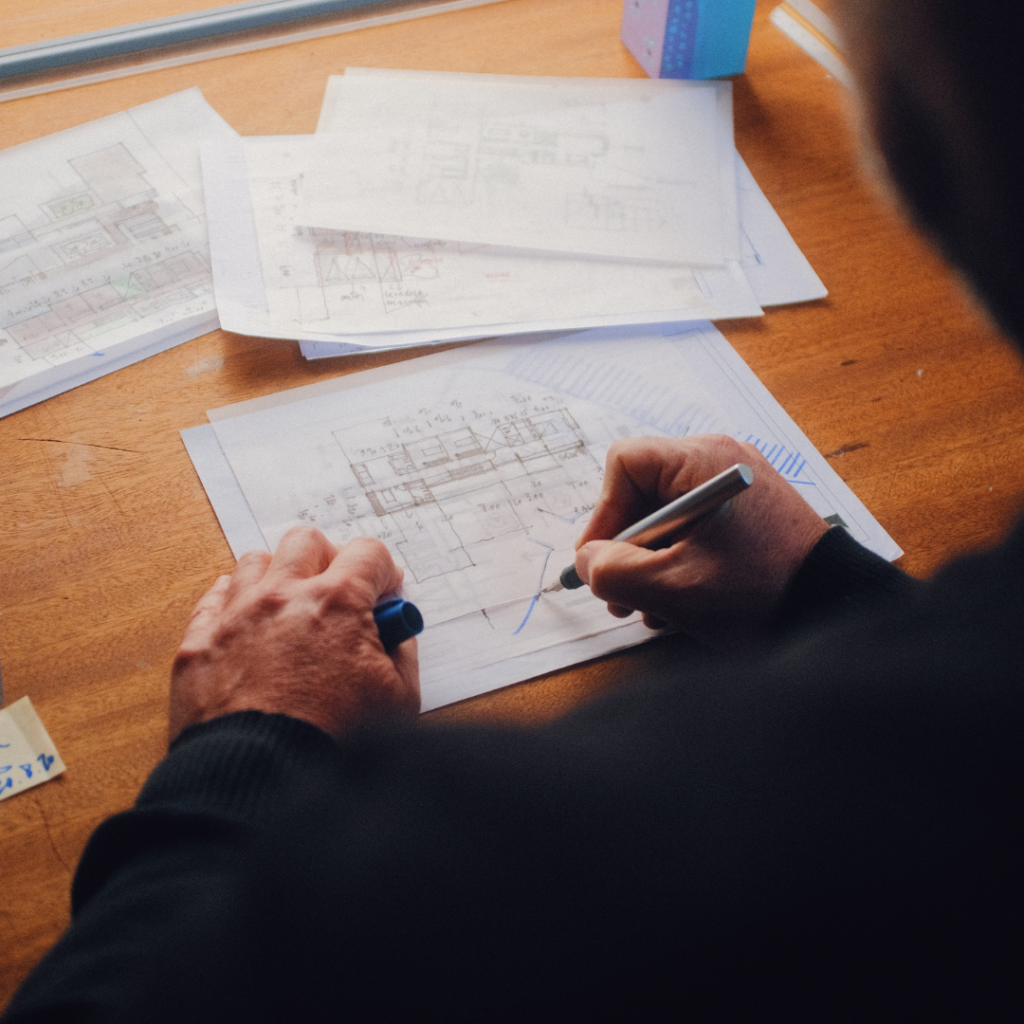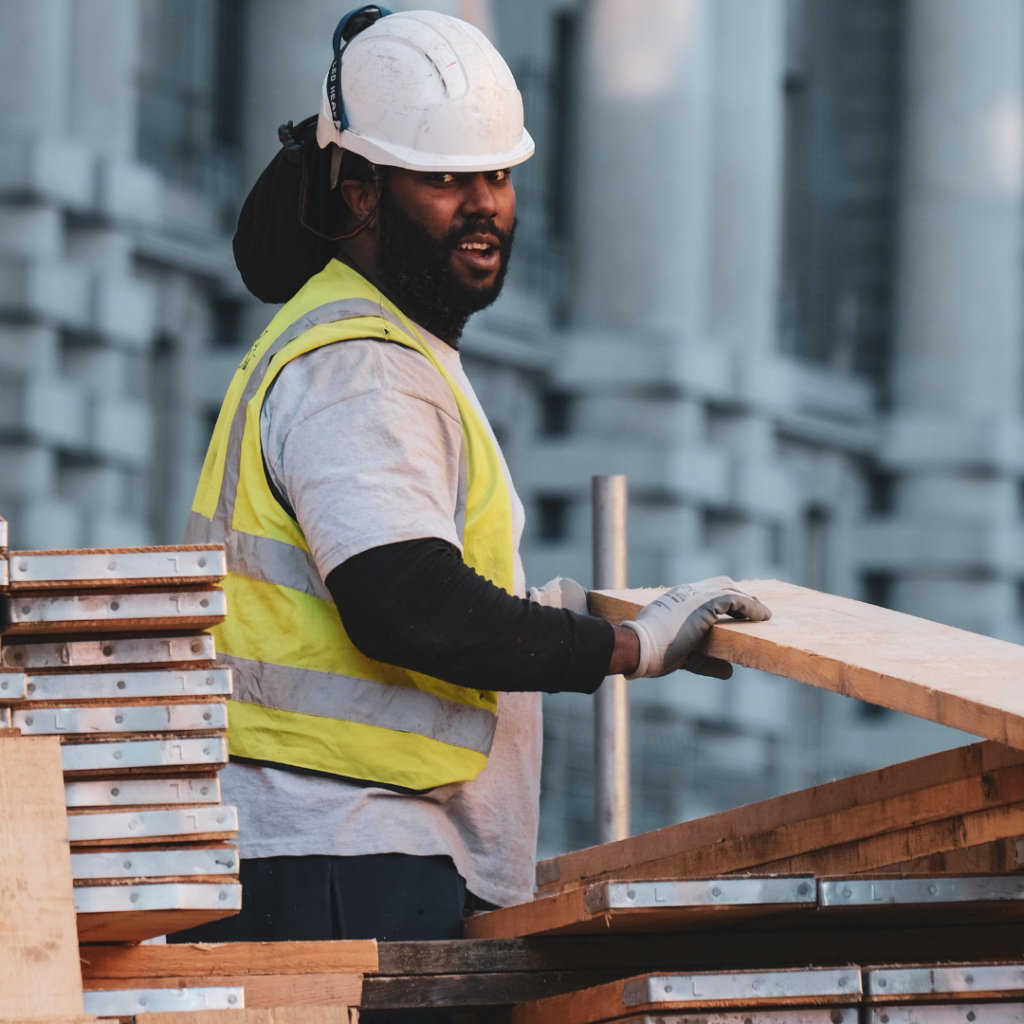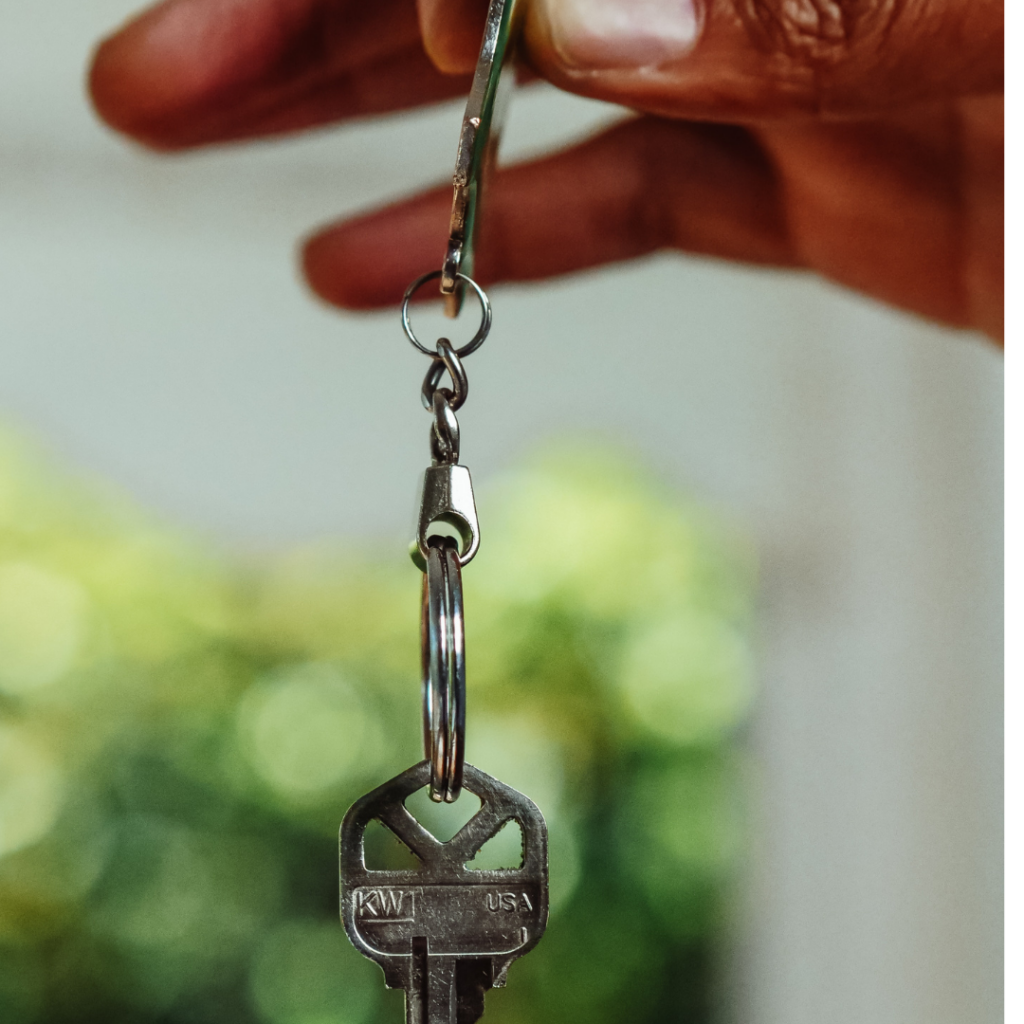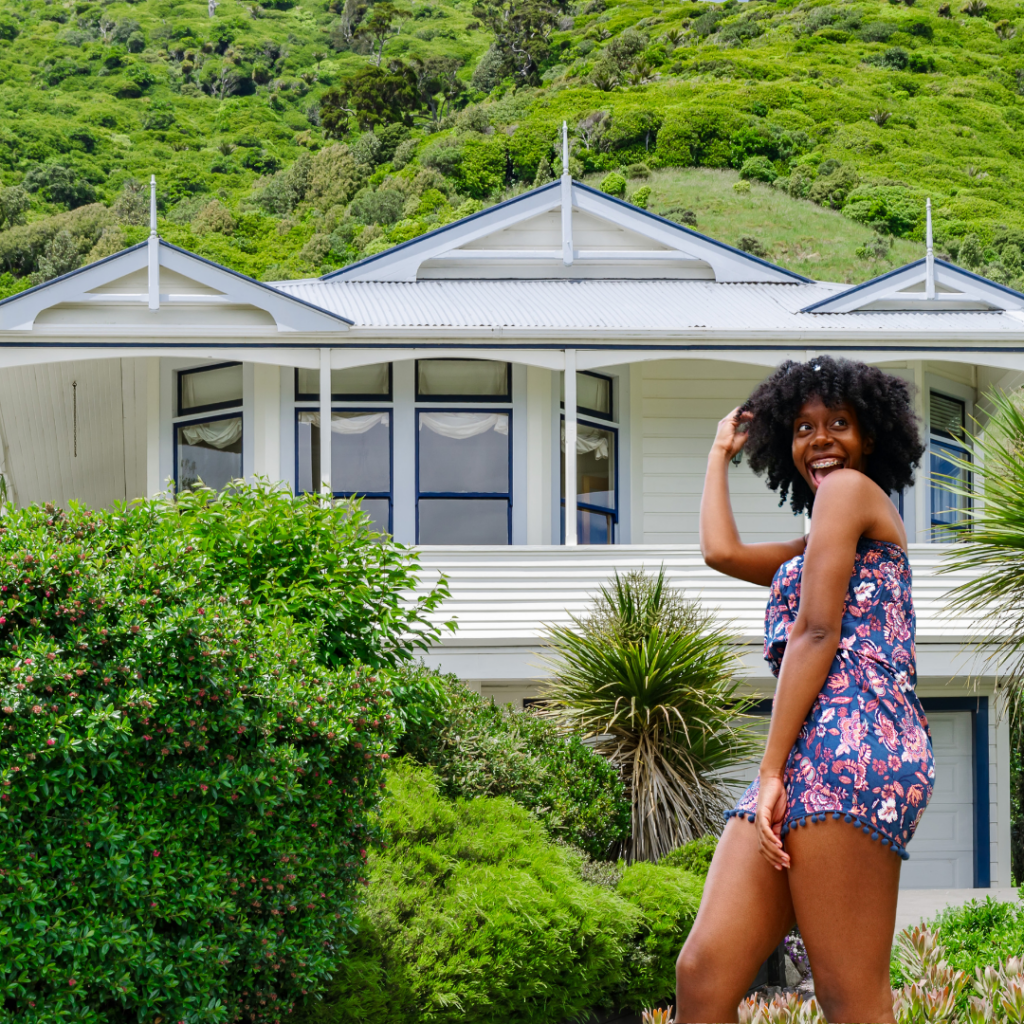Are you curious about the steps to build a house in Jamaica?
Building a house gives you the autonomy to build what you want.
But, it comes at a price.
This article covers everything you should know about building on your own lot in Jamaica as a first-time homeowner.
It’s a four-step process that can seem overwhelming at times.
Those overwhelming moments are ultimately worth it though when you’re living in your new house.
Key Points
- Do detailed research on the contractor, draughtsman/architect, land surveyor, and quantity surveyor you’re hiring.
- Be clear about how you’ll pay for construction. Your cash flow will ultimately determine how long it takes to build a house in Jamaica.
- Negotiate the best prices for construction material with suppliers.
- Don’t pay the final deposit to the contractor until the house is move-in ready.
You may also be interested in How To Invest In Real Estate In Jamaica (Part 1).
The 4 Steps to Build a House in Jamaica
1. Research Your Team

Your level of involvement, and the scale of your project, will ultimately determine the people you need to have on your team. The typical one storey single-family house in Jamaica is about 1,800 to 2,400 square feet and has 3 to 4 bedrooms with 2 to 3 bathrooms. A house like this is slightly smaller than half of a netball or basketball court.
Can you handle constructing a house of this size alone?
You should hire experts who either work directly with you or offer advice no matter the size. These persons include reputable contractors, skilled workers, and suppliers. Enlist the help of friends and trusted persons in your community, workplace, or church to find these experts.
There are three key experts you should hire before selecting a contractor.
Draughtsman or Architect
This is the designer who draws your ideas on paper to show the structural, electrical, and plumbing elements so that your house is compliant with local building codes, functional, and suits your lifestyle given your budget.
Quantity Surveyor
This person determines the construction costs.
Tip: Don’t make a quick decision by researching only one expert. Find at least three of each, inspect their work, and interview them to determine who you would like to work with.
Some key questions to ask potential quantity surveyor candidates are listed below.
- How many years have you been in business?
- Who is on your team and what role does each team member play?
- How many similar projects have you worked on and in what capacity?
- Are you registered and insured?
- Can I view current projects you’re working on (where applicable)?
- Can you provide me with references from clients?
Land Surveyor
You will also need to hire a land surveyor to set out the position of the building relative to the property’s boundaries and the conditions stipulated in the building permit and property title.
Also, the person you choose should be registered. Check with the National Land Agency’s website for a list of commissioned land surveyors.
The land surveyor will:
- Survey the property to identify the boundaries and elevations
- Identify any possible encroachments
You may also need a civil or a structural engineer to design the building’s foundation and retaining walls. Houses built on steep slopes or in flood prone areas often need this additional support.
2. Complete The Design Process

Work with an architect or draughtsman to create the floor plans and identify the materials you want to use in your home. The quantity surveyor will use them to estimate the construction cost.
Sure, an architect can also give you a cost estimate. But, a quantity surveyor is specifically trained to provide more detailed analysis. Here’s a list of some of the costs used to develop a cost estimate.
- Lot size
- Lot shape
- How the land slopes
- Location (What’s allowed in that area?)
- Covenants on the title
- Construction budget
The quantity surveyor will work out the cost in detail and present it in a tabular format called the Bills of Quantities. Don’t assume that everything is accounted for in this document. Prepare a checklist of the materials (quantities and description) and ask the quantity surveyor to show you where in the document each item is recorded.
Doing this walkthrough with the quantity surveyor will help ensure accuracy. You don’t want to be caught off guard when buying materials!
Also, think about how you will pay for the construction because this will determine how long it will take and how your house will be built.
Check local financial institutions for loan products that may work for you if you’re considering a mortgage. The NHT is a viable option if you’re looking for affordability.
Pro Tip: The architect or draughtsman probably has some existing plans. You could save time and money by asking if any of them could be reused for what you’re hoping to build. You’ll still need the necessary approvals and building permits before you start construction though.
3. Select the Contractor

Here are five questions you should ask before hiring a contractor.
1. When and how can I make changes throughout the building process?
2. Who will be overseeing the construction of my home? Who can I reach out to with questions as they arise, and how can I contact them?
3. What is your process for inspections throughout construction, final walk-through, and to address any matters that need to be corrected or finalized?
4. How long will it take to build my home?
5. What are your contract and payment terms? Can I see a sample contract? Ask your quantity surveyor, architect, and attorney to review the contract before you sign.
You can act as the general contractor. Your role as the general contractor is to:
- Hire
- Manage
- Direct all the workers
- Procure the building materials.
Taking on this role can help you save money. But, you must deeply understand the construction process and prepare to be highly involved.
It often takes a lot out of general contractors to coordinate and supervise the workers while ensuring that materials are available to keep the work going. Being the boss on site is not for the faint of heart. Prepare for disputes!
Another approach is one in which the contractor oversees the workers, and you buy the construction materials. This could be a happy medium for you as it allows you to secure deals with suppliers while allowing the contractor to handle the day-to-day construction activities.
On the other hand, you may take a completely hands-off approach and have the contractor build and buy the materials. This may not be as cost-effective but it’s worth it for your peace of mind.
Also, check in with the contractor to ensure that he is negotiating the best prices with suppliers and passing these savings on to you. In fact, the contractor may be able to secure wholesale rates from key suppliers.
The model that works for you depends on the time you have available and your knowledge about the construction process. Be realistic and practical about how much time you can devote to supervising the workers and managing the various activities.
Worker delays are costly! You’ll end up spending more for each extra day and will possibly have to fix bad workmanship. Your arrangement with the contractor is important. But, it’s also important to have someone on-site who is trained to inspect the quality and progress of the work, especially if you’re working as the general contractor.
4. Complete The Construction Process (Get Your Keys!)

It can take 8 to 12 months to construct the average house built using concrete blocks on even terrain. The construction timeline depends on the accessibility of the property, the availability and productivity of the workers, and how you plan to pay for it.
The building costs can range from 80 to 100 USD per square foot depending on the quality of the finishes and size of the house. This cost doesn’t include the cost to buy the land, obtain building permits, connect the house to water and sewage systems, do landscaping, or hire the design team.
The features of houses on the lower end of this range are typically:
- 3 bedrooms sized to fit a queen-size bed, two side tables, and a dresser
- 2 full bathrooms and powder room
- Sliding glass windows
- Ceramic floor tiles
- Solid wood kitchen cupboards
- Solid surface kitchen countertop,
Upgrading to high-priced or luxury features can add at least another 20 percent to the building cost. Some upgrades include:
- Porcelain floor tiles or wood floors
- Brand name bathroom fixtures and large soak-in bathtubs
- Custom kitchen cabinets and windows
- Marble or quartz countertops
- Walk-in closets
- Large sliding doors and outdoor decks
- Adding a spare room (Helper’s Quarters or Study)
Additional Tips To Build A House in Jamaica
Negotiate with Reputable Contractors
Get quotes from reputable contractors and prepare to negotiate. But, be wary of deals that seem too good to be true and contractors who need a large deposit to start the work. These are red flags!
A low bid could result in bad workmanship because the contractor is unable to hire skilled workers or use the right materials. There are contractors who cut corners to build a house in Jamaica. Some can’t even complete the job. So, be careful!
Ask the contractor how he can quote so competitively. It could be that he gets good discounts or wholesale rates from suppliers or can negotiate good rates with his workers. Don’t assume though. Ask him to be very clear with his answers.
A large deposit could mean that the contractor prefers that you pay for most of the materials or the labour upfront. If that’s the case, indicate that you prefer to pay the suppliers directly. Be wary if the contractor insists that you pay him this large deposit as he may take your money and not even show up for the job.
Shop Around
Shop around for the best prices for materials and ensure that the materials are of good quality. It’s worth it in the long-run to spend a little more upfront to buy durable products to get the best value. You don’t want to install inferior pipes or floor tiles and then dig them up to replace them.
Inspect the Progress
Arrange with the contractor to inspect the progress of the work at critical stages. These stages include when the:
- Building is set out to ensure it’s in the correct position
- Steelwork in the foundation is being erected before the concrete is cast (and the depth of the foundation)
- Walls are being built (you should check for straightness)
Enlist the services of the quantity surveyor to verify the cost of the work that has been completed at each stage before paying the contractor.
Ensure Your Home is Fit for Occupancy
Before making that last payment to the contractor, ensure that your home is fit for occupancy. For example, check for cracks in the walls and that the windows and doors open and close properly. Connect the utilities and test the water lines for leaks, flush the toilets, turn on the light switches, and check the plugs.
Set Aside 10 to 15% of Your Construction Budget
A financially prudent strategy is setting aside about ten to fifteen percent of your construction budget for design changes and increases in costs or quantities. Those who build a house in Jamaica know that there can be unexpected costs.
Final Words
Building your home can be challenging. But, it’s also rewarding to look at the property at the end of it all, breathe a sigh of relief, and say, “This is my home!” Your decision to build a house in Jamaica is a lifetime achievement and worthy investment.
Do your research, plan, and put a team together that’s right for you. Your team should be able to work with you to sort out problems that may arise or help you find the persons who can. Celebrate this accomplishment and share your experience with others.
